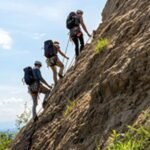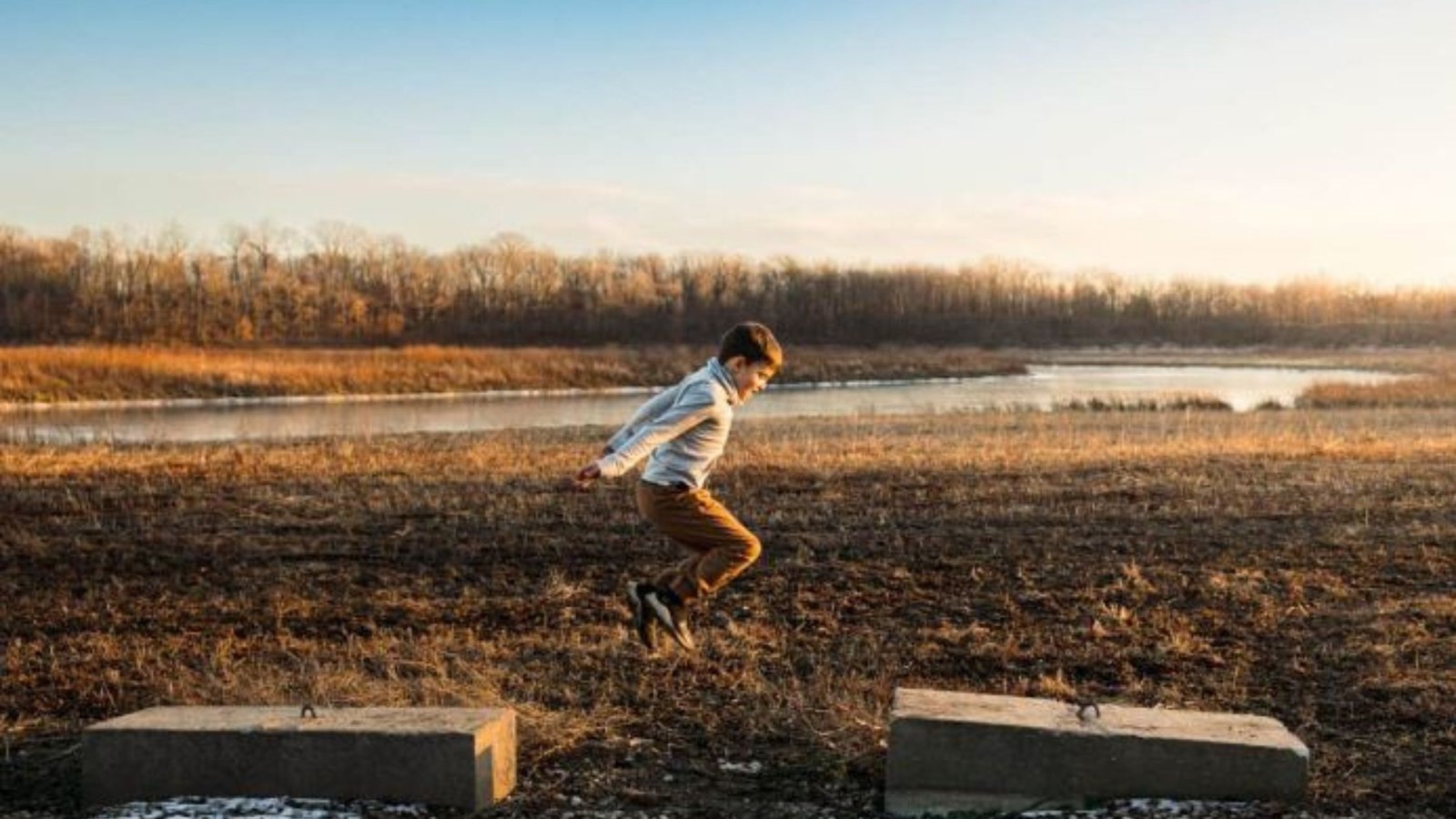Engaging in outdoor experiences offers invaluable opportunities for learning and honing survival skills. Here are the key benefits:
Outdoor experiences provide hands-on learning opportunities that are essential for acquiring survival skills. Whether through camping, hiking, or wilderness exploration, these activities teach practical knowledge and foster resilience in natural environments.

Practical Knowledge Acquisition
Outdoor experiences teach essential survival skills such as navigation, fire-building, and water purification. Practical application in real-world settings enhances learning and retention of critical survival techniques.
Problem-Solving and Adaptability
Survival situations require quick thinking and adaptability. Outdoor experiences challenge individuals to solve problems creatively, make informed decisions, and adapt to changing conditions in nature.
Self-Reliance and Independence
Learning survival skills promotes self-reliance and independence. Individuals gain confidence in their abilities to handle emergencies, make resourceful decisions, and take responsibility for their well-being outdoors.
Environmental Awareness
Outdoor experiences foster environmental awareness and respect for natural habitats. Understanding ecosystems, wildlife behavior, and conservation principles is crucial for sustainable outdoor living and survival.
Teamwork and Communication
Survival scenarios often involve teamwork and effective communication. Outdoor experiences provide opportunities to collaborate with others, delegate tasks, and problem-solve collectively in challenging environments.
Physical Fitness and Endurance
Survival skills training often requires physical fitness and endurance. Outdoor activities such as hiking, backpacking, and wilderness navigation build stamina and improve overall physical health.
Stress Management and Resilience
Navigating outdoor challenges builds resilience and enhances stress management skills. Overcoming obstacles, handling adversity, and adapting to outdoor conditions contribute to emotional strength and mental toughness.
Cultural and Historical Understanding
Outdoor experiences can provide insights into cultural traditions and historical survival techniques. Learning from indigenous practices and historical examples enriches knowledge of survival strategies across different cultures and time periods.
Emergency Preparedness
Acquiring survival skills prepares individuals for emergencies and unexpected situations. Knowledge of first aid, emergency shelter construction, and wilderness navigation enhances readiness to handle crises in outdoor environments.
Lifelong Learning and Adventure
Engaging in outdoor experiences cultivates a lifelong passion for learning and adventure. Continuous exploration of nature and wilderness environments fosters curiosity, personal growth, and a deeper connection with the natural world.
Conclusion
Outdoor experiences play a vital role in teaching practical survival skills and fostering resilience in natural environments. By participating in outdoor activities and learning from experienced mentors, individuals gain essential knowledge, build confidence, and develop a deeper appreciation for nature’s challenges and rewards. Embrace the opportunity to learn survival skills through outdoor experiences, and prepare yourself for adventures and emergencies alike with practical knowledge and confidence.











